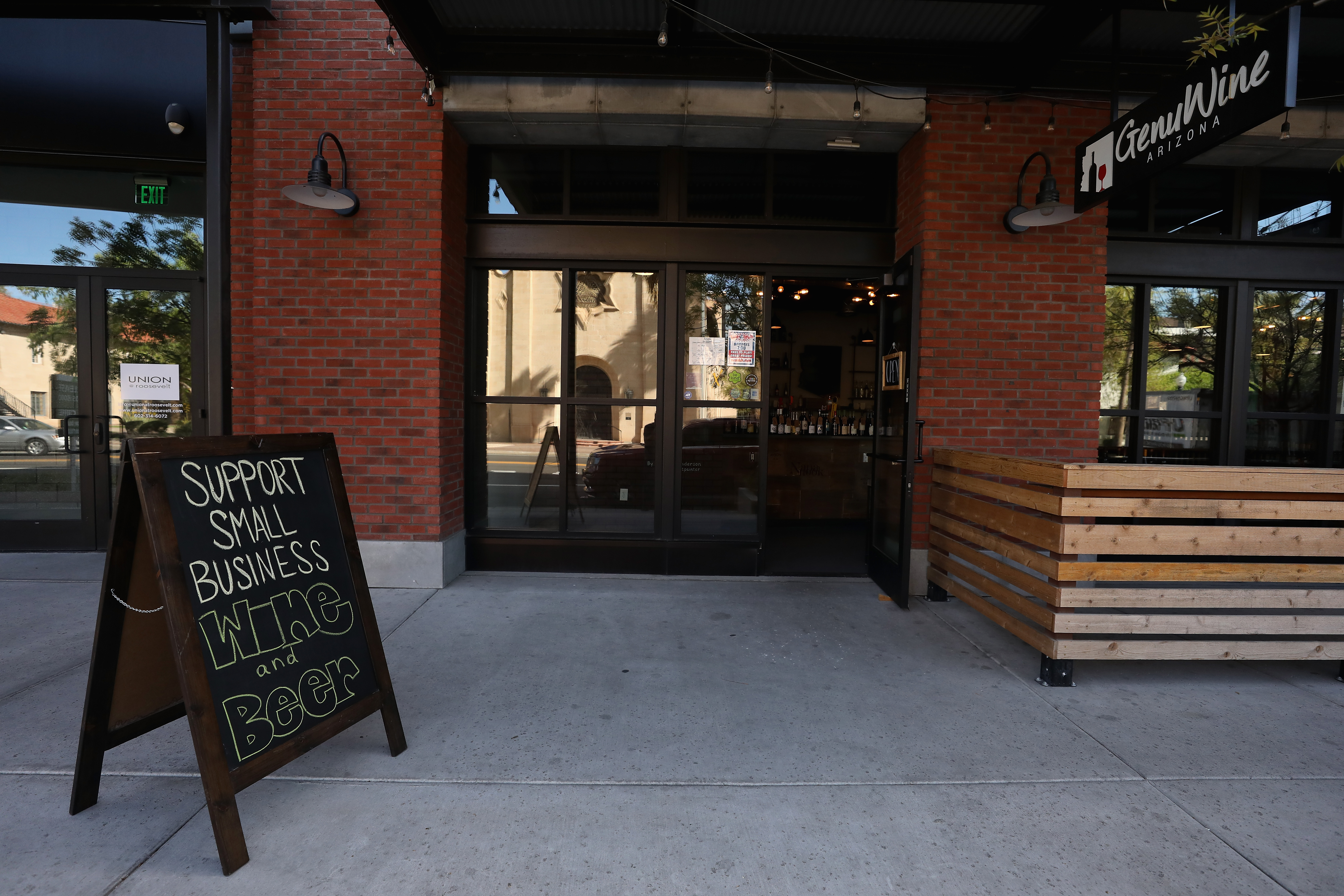With the announcement by Gov. Ned Lamont that nonessential businesses in Connecticut will remain closed through at least May 20, the owners of the approximately 346,950 small businesses in the state are increasingly turning for assistance and guidance to the Connecticut Small Business Development Center (CTSBDC), which is funded in part through a cooperative agreement with the U.S. Small Business Administration (SBA), the Connecticut Department of Economic and Community Development, and UConn.
These businesses are seeking help on a variety of issues, many connected to the two federal disaster aid plans recently approved by Congress — The Coronavirus Aid Relief and Economic Security (CARES) Act, which provides loan assistance for businesses that meet SBA size requirements and includes a provision that if employers maintain payroll, the loans would be forgiven; and The Families First Coronavirus Act, which expands employee leave benefits, including paid sick leave options for those who work for small businesses, while adding new tax credits to offset these business costs.
By the end of last week, unemployment claims in Connecticut alone totaled more than 302,000, with 30,000 new claims over the previous week. The state Department of Labor says it has processed more than 133,000 claims. Within the past month, the U.S. Department of Labor says more than 16 million people filed for unemployment benefits, more claims that were filed during the 2007-2009 recession, when national unemployed reached 10%.
Joe Ercolano, state director for CTSBDC, says calls are coming in from early in the morning until late at night to its lead office in East Hartford, and emails are filling CTSBDC’s inbox.
“The most prevalent question is, When will I get the money?” Ercolano says. “That’s not one we can easily answer. There’s quite a bit of depth of understanding that needs to go on both among the applicants and, quite frankly, among some of the lenders because it’s all new to the banks and others who were processing these loan applications. It’s dependent on processing speed and other issues and other questions remain in their minds: When will I be able to reopen? Will this be enough money to carry me through this period? I need to bring people back on payroll in order to get forgiveness of my loan through the SBA to get a deferment of payments. How quickly do I need to bring people back? What if I can’t?”
He adds that with doors closed to both employees and customers, the loans are critical to helping small businesses to remain solvent as most of the state’s 3.5 million residents are asked to stay home to “flatten the curve” of the pandemic. As of last week, about 1,300 Connecticut small businesses had secured federal assistance, he says.
Greg Lewis, a business advisor based in the School of Business, says many calls for assistance are coming in from business owners who were unaware of CTSBDC, which provides no-cost, confidential advising services to small business owners and entrepreneurs in every stage of development.
“They’re working with their bankers to try to submit these applications, and they’re not exactly sure what it is they need to do in order to qualify, or if in fact they even do qualify,” he says. “So I’ve been spending a lot of time just introducing people to the SBDC and then helping them figure out exactly what their particular business needs might be and which programs are appropriate for them.”
Ercolano says the major factor determining recovery for business in Connecticut is the point at which health officials determine the pandemic has subsided enough for businesses to safely reopen, and the extent to which social distancing rules can be relaxed.
“That will impact people’s comfort level with patronizing restaurants and other places where people gather,” he says. “With so many people laid off and having a reduction in wages, slow economic recovery means slow recovery for both disposable income and consumer confidence. The major determinant is when we get the all-clear signal and how we fare in terms of not having a repeat or flare up of this pandemic. I think we want the residents of our state to be patient and be locally focused, patronize local companies whenever you can. Keep in mind that they’re providing paychecks for your neighbors and for your communities. Understand that we’re all in this together. There’s a lot that the citizens of Connecticut can do by just changing their shopping behaviors, perhaps to help these businesses get financially sound more quickly. “



